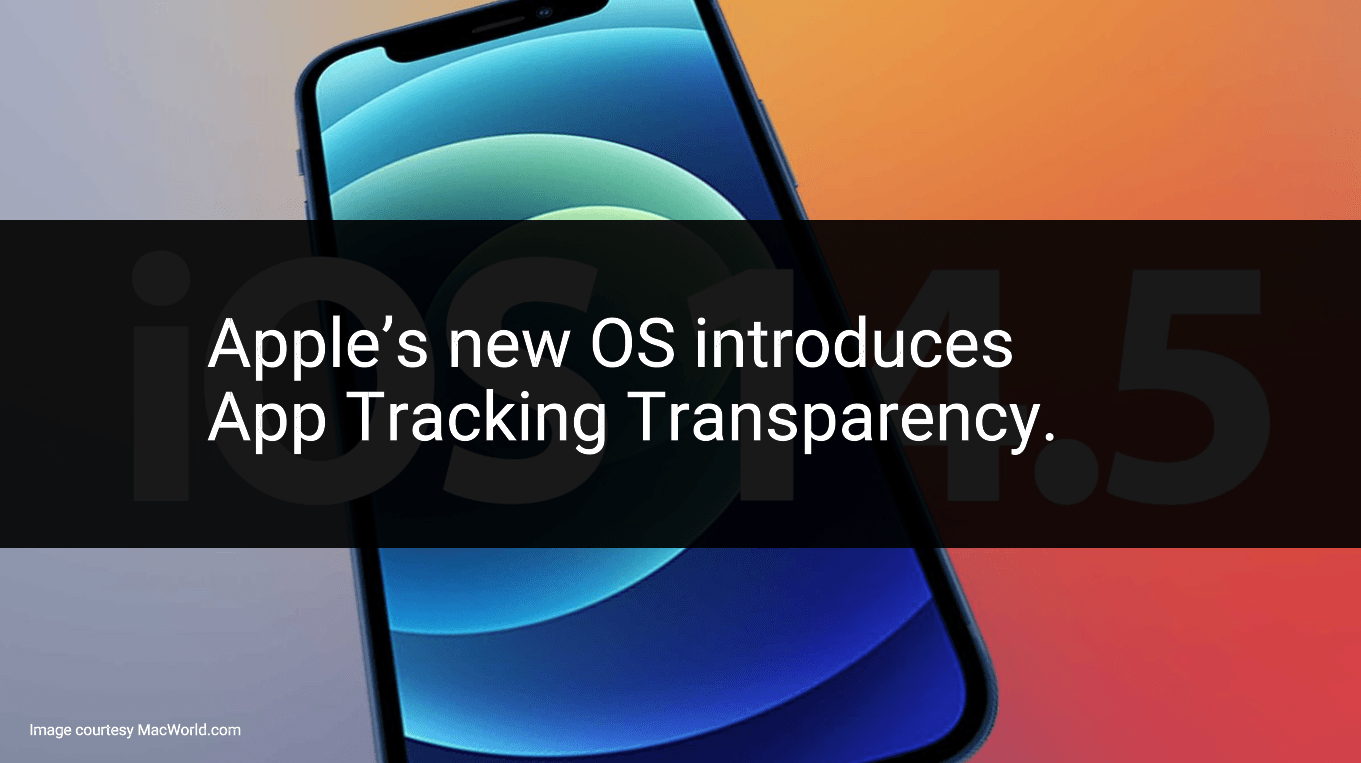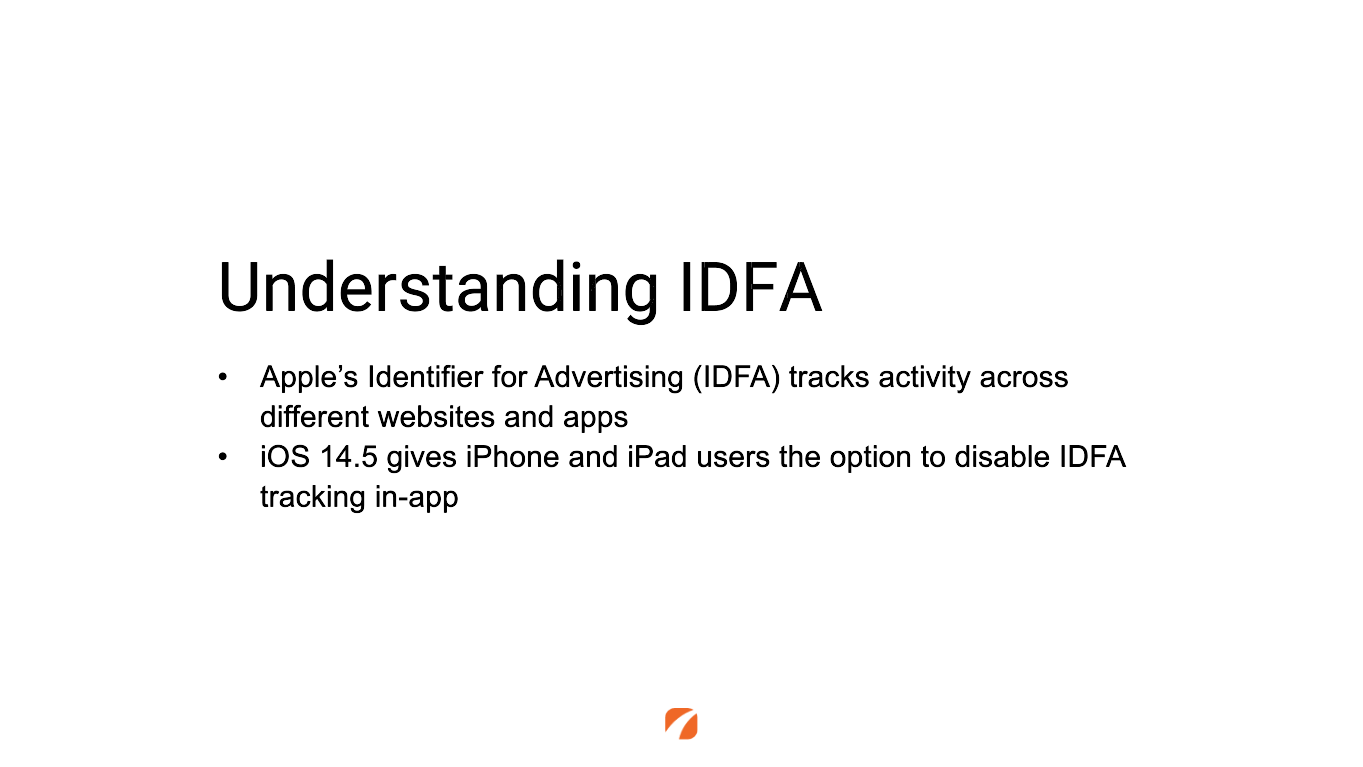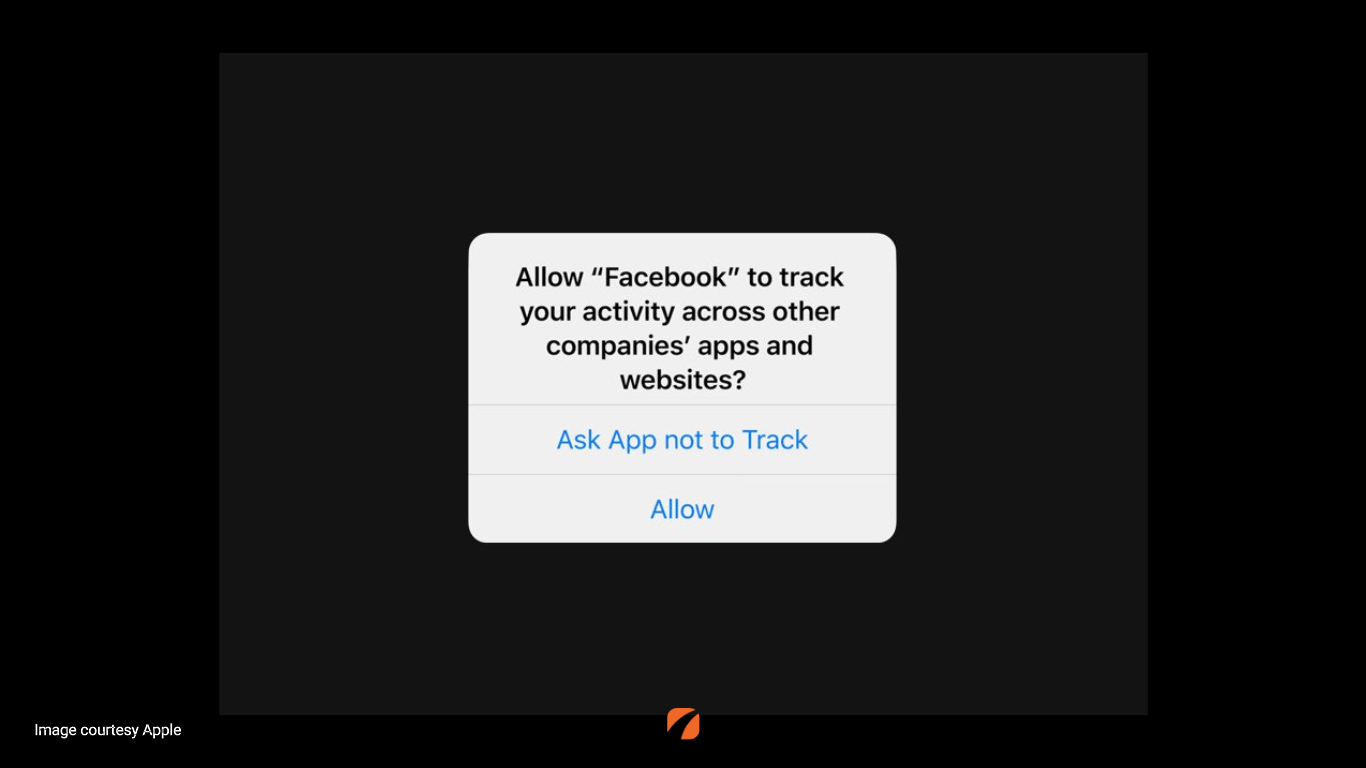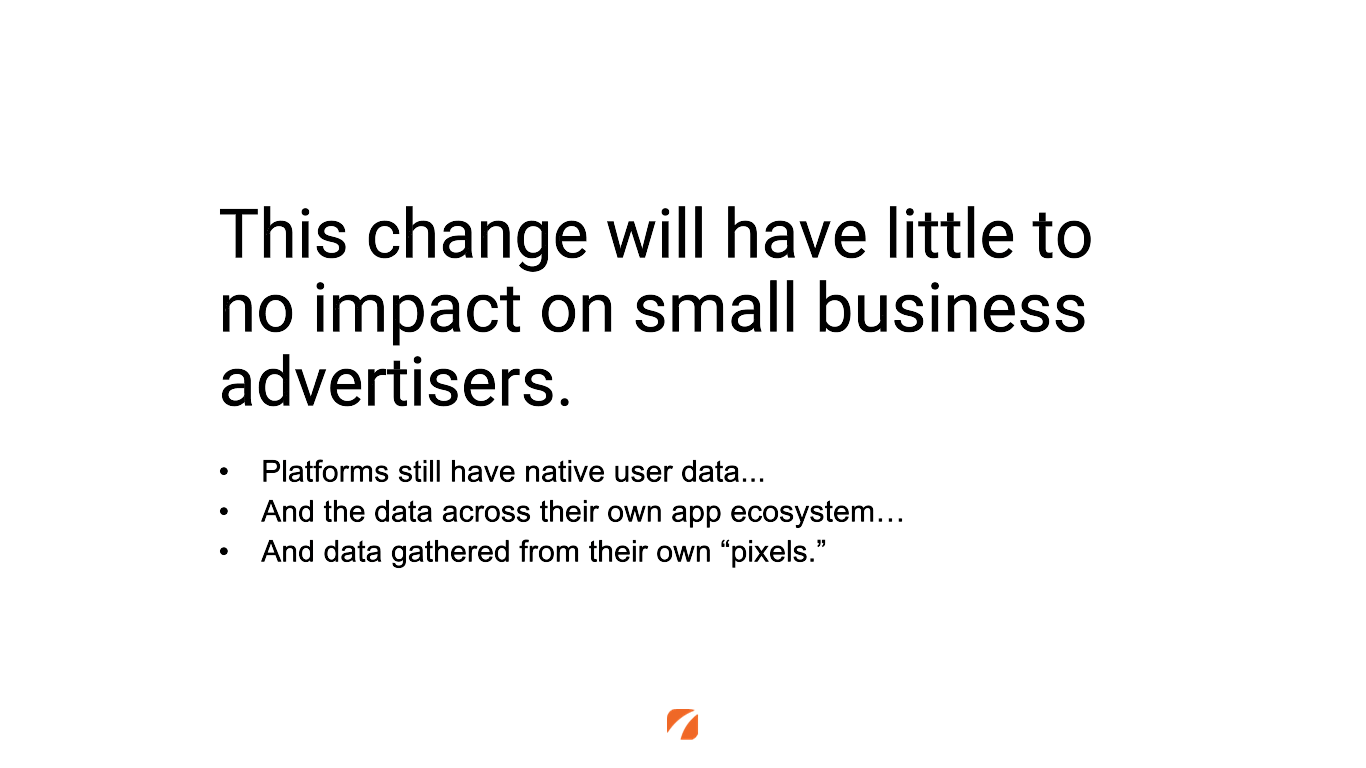Recently, there has been a lot of news around the release of Apple’s latest operating system and how it will affect targeted advertising on social media. While Facebook is claiming that this transparency will largely impact the advertising efforts of small businesses, we want to help you understand what exactly has changed in terms of the consumer data you use and what it really means for your ads.
Follow along as CEO Ryan Miller walks us through this change and learn about what this update will mean for those running social media ads in the elective medical space.
Video Transcription:
Hi again, it’s Ryan Miller with Etna Interactive and we are back today talking about Apple’s new operating system, and the impacts it might have on your ability to deliver targeted advertising on social media. Now, I think we’ve all had that moment where we’re a little bit suspicious of our phone, certain that it’s been listening in on our offline conversations. Where you’re in one app and you see an advertisement for something you were just thinking about buying or maybe have looked at in the last few days.
Now, the way that that has been accomplished over the years is through this special ID that Apple has given for years to the advertising community. But their brand new OS, it’s iOS 14.5, reduces the ability of advertisers to track you across applications, specifically they’re calling the initiative App Tracking Transparency, and what it’s doing is it’s requiring that you as the consumer if you are using your phone or your iPad, that you give the application permission, or take that permission away, to track your activities between mobile applications.

In order to understand it you have to understand something called IDFA, or Identifier for Advertising. This is an Apple-specific platform that for many years has given advertisers the ability to track your activities between mobile applications and the web browser. It’s a way of flagging the consumer so you know who that person is and each one of the applications that they use.
This news isn’t such a big deal in that there’s always been a way for the consumer to deactivate it. Unfortunately, it was buried super deep inside of your iPhone or iPad settings so most people didn’t realize that they could turn off the ability for themselves to be tracked. What iOS 14.5 is doing is inside of those Apple devices it’s now requiring that apps secure permission from the user before they’re able to access that IDFA data.

Now what does it look like? Look at your screen there, you’re going to have a chance to see that preview, but the reality is if you’re an iPhone user, or if you have an iPad that you use, you’ve probably already seen this at least once because this iOS update is out there in the wild.

Now why this is such big news is because Facebook has launched a massive campaign complaining that this new change is actually going to restrict the ability for small business advertisers. They’re quite explicit in the campaign that they’re running for small business advertisers to run the ads that help their business, and the reality is I’m going to say I don’t think that that’s necessarily very true.
If we think about the change and what it’s going to mean for you and your ability to target consumers, let’s focus first on what you’re left with if you’re not relying on that IDFA data. All of the platforms, Facebook, Instagram, TikTok, they still have the native information that a user offers when they register. Things like your gender, your age, your area, your interests, and the things that you do while you’re inside those applications, the things that you like, the brands that you interact with, they’ve got all of that. They also have all of the data across their own applications. They have the ability to see and track user accounts and relate them together. So think about Google and YouTube, they’re the same company even without the IDFA they know what you’re doing between their various platforms, or Facebook and Instagram, both owned by Facebook, they know what you’re doing across those two accounts, and even without an IDFA they can relate those things together.
They also have the ability to gather data through the use of pixels. These are small bits of tracking code that can be installed directly on a website and they’re very useful for things like retargeting. We can still see, even without that IDFA data, we can still see that a consumer visited a website and then share that data back to say Instagram or Facebook and retarget or show an advertisement to that person when they go back into the Instagram platform.

The long story very short is almost no elective medical marketing agencies that are directly targeting consumers are using IDFA data. It’s largely used by large businesses that are using it to track interests in ecommerce across applications and then are actively remarketing to you over time.

Impact for you and for most small medical marketers is pretty small to non-existent. The big news is that it’s not big news at all, you’re going to be able to continue to track and target advertising in social media for the indefinite future, but the good news here is the advancement of consumer privacy. I think Apple has made a smart move in terms of empowering users to know what’s being tracked and control how it’s being tracked.
If you have any questions about social media advertising or consumer privacy on the web of course reach out to us by clicking the button below or subscribe to our newsletter to stay abreast of all the new changes.
Contact Us

Leave a Comment